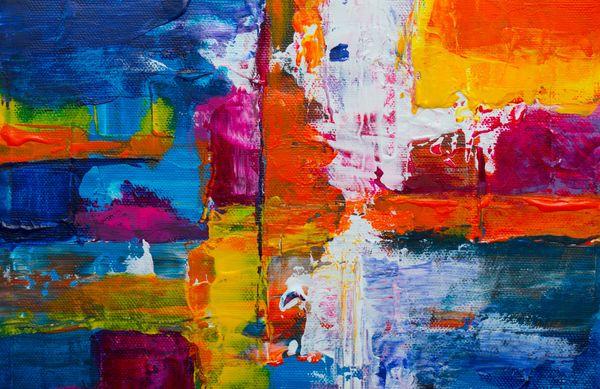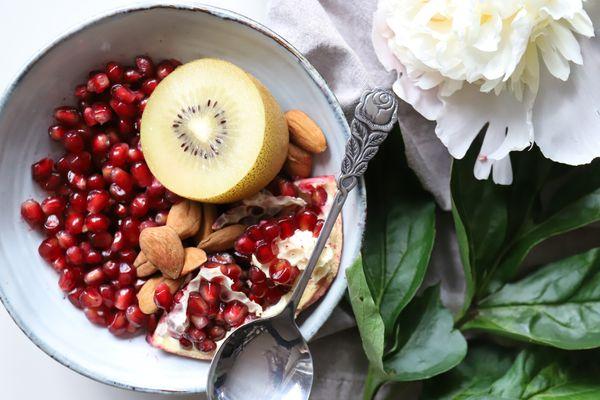5 Natural Therapies for Addiction Treatment

Addiction is considered one of our nation’s biggest health problems. Approximately eight million Canadians currently suffer from drug and alcohol addiction, and this number continues to grow each year. (1)
Not factored into this number are those who are suffering from non-substance or behavioural addictions— such as shopping, gambling, photo viewing, smoking, sugar and food addiction.
How Does a Person Become Addicted?
In short, when a person becomes addicted (either to a substance or behaviour), the pleasure or “reward” center in their brain has become addicted to producing dopamine. Dopamine is a neurotransmitter that creates desirable feelings, such as bliss, motivation, satisfaction, and euphoria.
Any substance or behavioural pattern that stimulates dopamine production can be enough to get a person hooked.
While the temporary increase in dopamine levels is the primary factor in triggering addiction, oftentimes there’s also unaddressed trauma and emotional turmoil. The onset of addiction is certainly not black and white, and will look entirely different for everyone.
The good news is, there are natural therapies for addiction treatment that are helpful for anyone walking the path to recovery.
These five therapies are non-medical therapies, and can be personalized to suit your unique needs. They take a holistic approach by focusing on the whole being, to promote balance and healing of the mind, body, and spirit.
Whether used alone or in conjunction with other treatment practices, these therapies will promote a stronger foundation for recovery.
5 Natural Therapies for Addiction Treatment
Art Therapy

The first step in recovery is to replace unhealthy coping mechanisms with positive ones. Artistic expression can be one of the most powerful. Coloring, drawing, and painting can bring about the most honest forms of expression, allowing a person to fully feel and navigate their emotions without judgement. Creating art also promotes feelings of relaxation, pleasure, and a sense of relief. Through creative expression, deeply rooted pain may also be given space to rise.
As a non-verbal practice, art therapy is particularly helpful for healing trauma and emotional turmoil, as it eliminates the language defense mechanisms that can be barriers to healing through talk therapy.
Over time, creating art encourages a person to reconnect to their identity, a feeling that may have been lost during a dark time in their life.Acupuncture

Acupuncture is a traditional Chinese medicine technique that’s been around for thousands of years. It’s a healing practice that involves inserting tiny, thin needles into specific meridians to stimulate specific nerves or points on the body.
Through neurohormonal pathways, acupuncture helps unblock stagnant energy (also known as Qi, pronounced “chi”). According to Chinese medicine, it’s believed deficiencies or blockages of energy in the body are the root of physical illness and disease. These energetic blocks can also be caused by emotions such as anger, grief, and fear.
Acupuncture can help relieve physical and emotional pain in areas of the body that are weak, unbalanced or suffering from chronic pain. Certain forms of acupuncture are also used to help reduce withdrawal symptoms, stress and anxiety, while increasing energy and feelings of well-being.Ayurveda

Ayurveda ( ancient Indian medicine) is one of the world’s oldest healing systems, used for more than 5,000 years. The primary goal of Ayurveda is to achieve purification and balance.
Ayurvedic remedies aim to achieve balance within the mind, body and spirit, purify the body by releasing toxins, and bring peace and harmony to the mind and soul by releasing toxic thoughts and emotions.
Meditation and yoga are an essential part of Ayurveda’s healing wisdom. Both of these practices promote stillness, mindfulness, and bring a person’s attention to the present moment— which is the only place that true healing can begin.
Ayurveda can help a person find the right foods, form of exercise, activities, and solutions for overcoming certain health ailments by discovering their unique Ayurvedic body type, known as a dosha.
Ayurvedic healing protocols may also recommend certain plant based foods, herbs, eating habits, therapeutic oil treatments, panchakarma (an intensive detoxification method used to cleanse the body), and Ayurvedic massage.Spending Time in Nature

When recovering from addiction, the environment you’re surrounded by is extremely important. For countless reasons, one of the best places you can spend time in is the enchanting playground that’s available to all of us (and for free): Nature.
Research shows that spending time outdoors is linked to improved mental clarity and increased feelings of positivity. (2)
Being in nature also promotes feelings of inner peace, creativity, and groundedness. Next time you’re stressed, before doing anything else, send yourself outside for a non-negotiable breath of fresh air and see how you feel afterwards. It may just become a regular practice.
A major struggle in the early stages of recovery can be getting quality sleep— which can leave you feeling unmotivated, foggy, and irritable. But fresh air can be an antidote to sleeping problems.
Breathing in the oxygen from fresh outdoor air helps balance your carbon dioxide levels, which translates to improved respiration, better sleep quality, and fewer sleep disturbances. (Even cracking open a window to let fresh air in your room at night can help you soak up these health benefits.) Of course, exercising outdoors will naturally tire you out faster, too.
Another reason why spending time outdoors is essential to addiction recovery, is that sunlight can naturally increase serotonin. Similar to dopamine, serotonin is a feel-good neurotransmitter that improves feelings of well-being and happiness. This is because sunlight triggers your body to produce vitamin D, which is needed to produce serotonin. This is why vitamin D can live up to its reputation as the “sunshine vitamin”.
Low serotonin has been linked to depression, insomnia, social anxiety, obsessive compulsive disorder, and panic disorder. (3) With that said, increasing serotonin levels naturally may help provide relief for anyone who may or may not be struggling with addiction.
Plant Based Diet – Using Food as Medicine

Those who are struggling with drug and alcohol addiction are also likely to have nutrient deficiencies. Not only does frequent alcohol and drug use suppress your appetite and trigger cravings for refined sugar, it also depletes your stores of essential vitamins and minerals— including calcium, magnesium, B vitamins, and vitamins A, D, C, and E.
These nutrients are essential for a healthy nervous system and immunity, and are found abundantly in plant based foods. This is why eating a whole, unprocessed, and predominantly vegetarian diet can play a key role in the healing process of addiction recovery.
The fiber, anti-inflammatory compounds, and antioxidants found in plant based foods can also help the body detoxify from harmful substances, and support the liver’s ability to repair and regenerate.
While we all know that eating plenty of fresh fruits and vegetables is essential for good health, certain foods can also be therapeutic in addiction recovery. In addition to restoring immunity, and the nervous and digestive systems, certain plant foods contain nutrients that help the body produce dopamine, such as L-tyrosine.
These foods include nuts, unprocessed whole grains, beans and legumes, fish, and cheese.
In addition to the methods above, daily practices like gratitude, forgiveness (of oneself and others), and compassion for yourself and where you’re at on your healing journey are crucial elements of the addiction recovery process.
These therapies for addiction treatment are an excellent starting point for adding a holistic approach to your recovery.
However, these methods are not intended as medical advice or a substitute for professional treatment. It’s extremely important to consult with your healthcare practitioner before making any changes to your diet or lifestyle when overcoming addiction or addictive behaviours.





